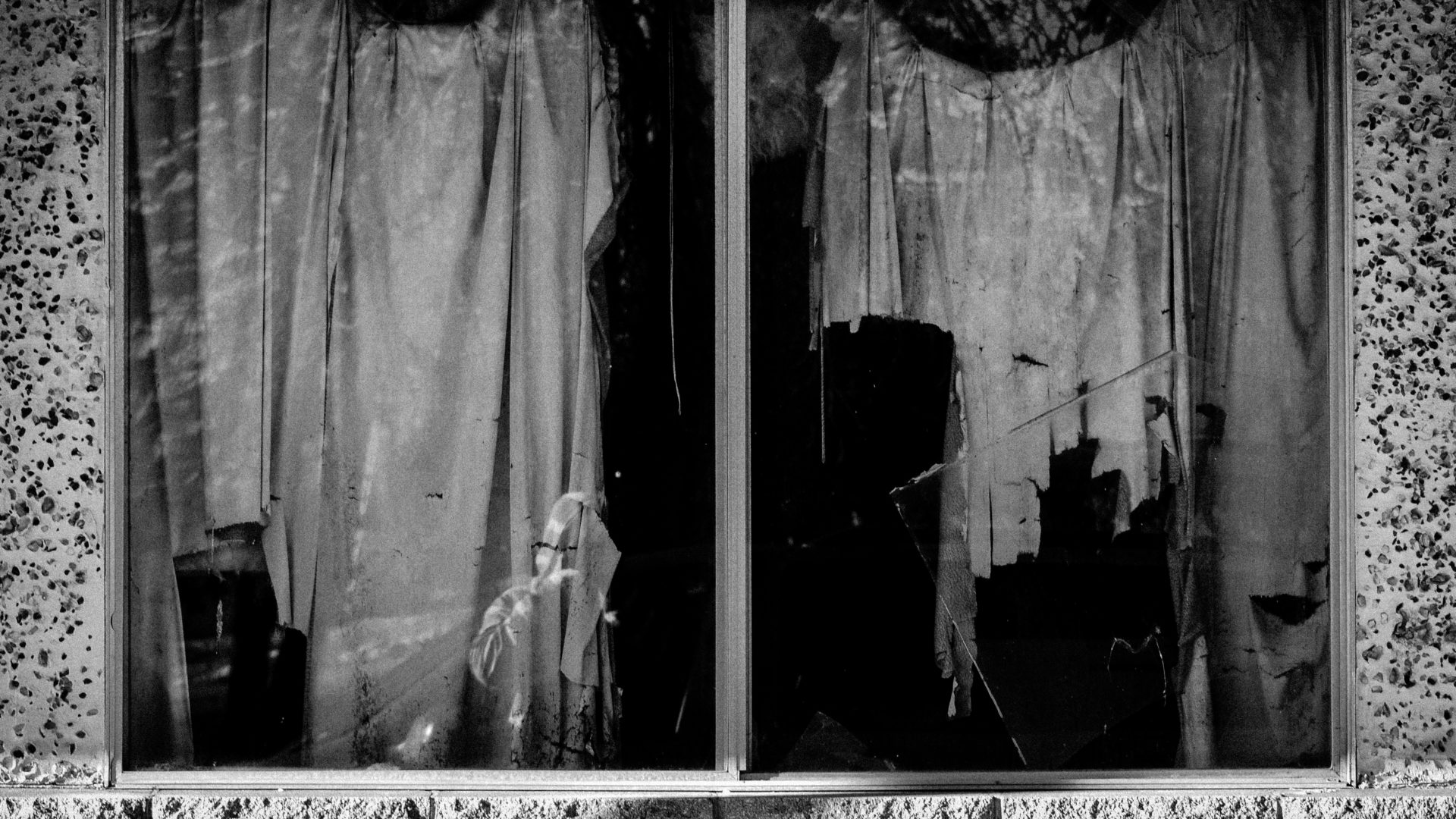A cup of tea and a biscuit.
God taught me more about poverty through these two simple things than I had learned from my previous 18 years. In 2010, I had the opportunity to spend 3 months in Jinja, Uganda, partnering with a local church to disciple men and women in the surrounding villages. Every morning I enjoyed my breakfast of tea and biscuits alongside a Ugandan brother named Patrick.
Patrick had lived in Jinja his whole life, supported 5 children (one of whom was autistic), and housed his family in a room no bigger than my bedroom growing up. Although they had next to nothing, they fed me dinner, loved me, showed Christ to me, and showed me that although they did not have many material possessions, they were not poor.
What I saw in Patrick and his family was the reality that in Christ, they had all that they needed. God completely flipped my mindset on poverty; I saw that Christ had provided Patrick and his family with “life, and life to the full” (John 10:10) without all the material resources that I tend to connect with living a full life. It made me reflect not only on what I had, but also on what “poverty” truly means.
Poverty is Rooted in Broken Relationships
In his recent blog, Jeff Ward introduced the idea of poverty as rooted in broken relationships. He then unpacked the connection between poverty and our broken relationship with God, the first of our four key relationships.
Continuing in this study of poverty, I want to examine how our broken relationship with self contributes to poverty.
We are all created in the image and likeness of God – so we all have inherent worth and value. We were made to reflect God’s likeness and glorify him, and we were also meant to live in humbled dependence on him as our good Father.
Though Adam and Eve started just that way, they fell to the temptation to “be like God” – to glorify themselves and move from surrendered dependence to self-reliance. As a result, the whole human race fell into the self-reliance trap – while at the same time forgetting the inherent dignity and worth that came from being God’s precious creations.
Our Broken Relationship with Self
These two outcomes – moving toward self-reliance and forgetting our image-bearing dignity – are common for all of us. But for some people, self-reliance and/or a feeling of worthlessness have led them into – or kept them within – poverty.
Think about the person you’ve met while serving in your city… or the man on the street corner. Do you think their material poverty could be rooted in much more – including a broken view of themselves? How might self-reliance or a lack of purpose make it difficult for them to get out of persistent poverty?
People who fight against everything that hints of dependence on something outside of themselves may never accept help that could lift them out of their situation. And those who believe they don’t “amount to much” or lack purpose may never have the determination to do what’s needed to emerge from poverty.
More Than a Material Solution
To view ourselves rightly is to view ourselves as fully dependent image-bearers of God. So restoring this broken relationship – the relationship with self – must be part of how we help the poor.
Christ’s work does more than just restore people to right relationship with God, it restores people back to a right relationship with themselves. That is the truth about poverty that I witnessed in Patrick and his family. Although materially they did not have much, they had “life and life to the full” with Christ because they knew their primary identity.
Through a cup of tea and a biscuit every morning with Patrick, God showed me that life is not found in what we have, but it is found in Him alone. Even though Patrick and his family had next to nothing, they had everything they needed in Christ. And this is the gospel we must preach to the poor – not a gospel of material exchange, but holistic restoration rooted in Christ alone.
Photo Credit: Mike Fritcher via Compfightcc
